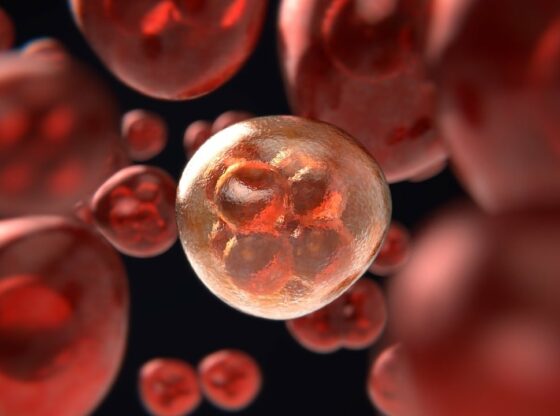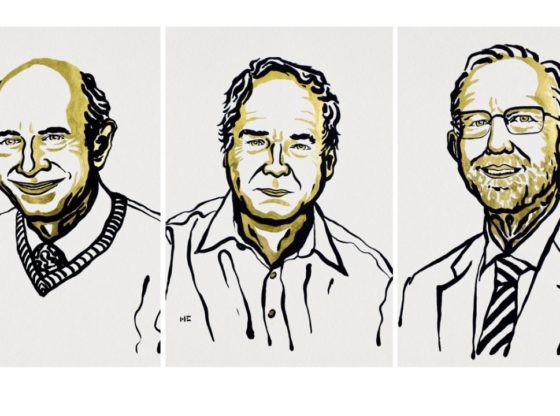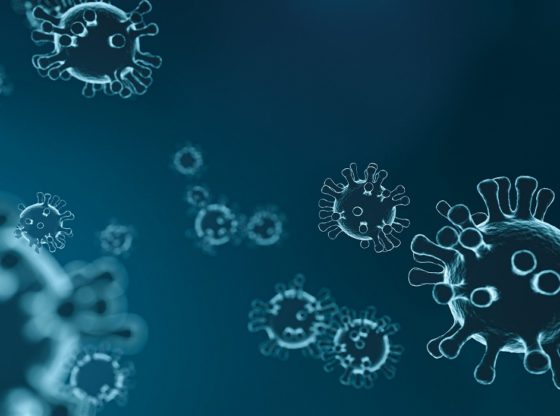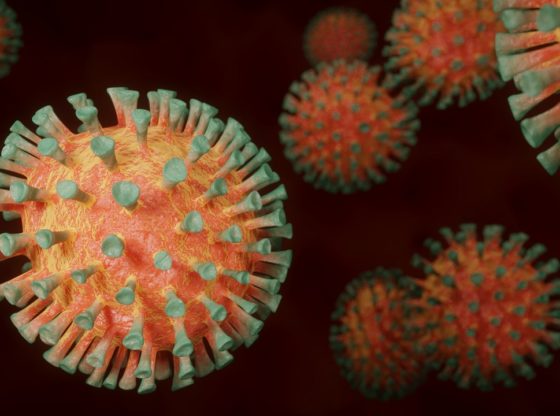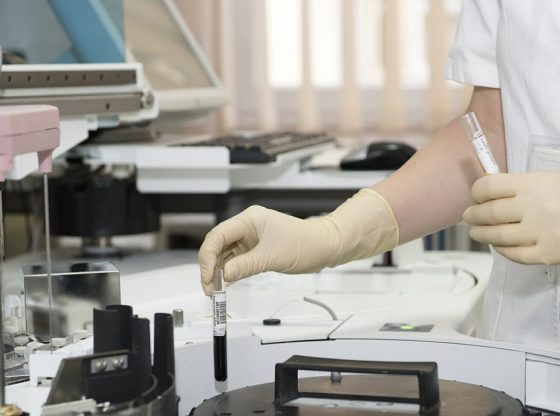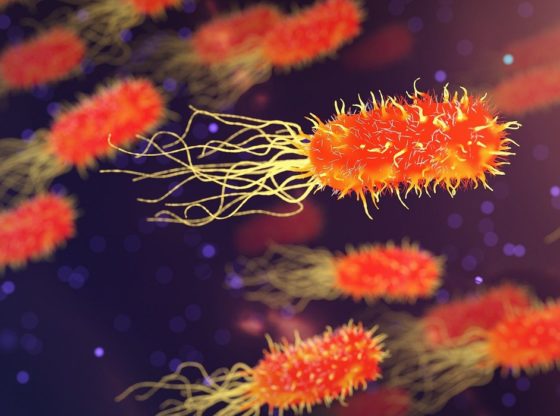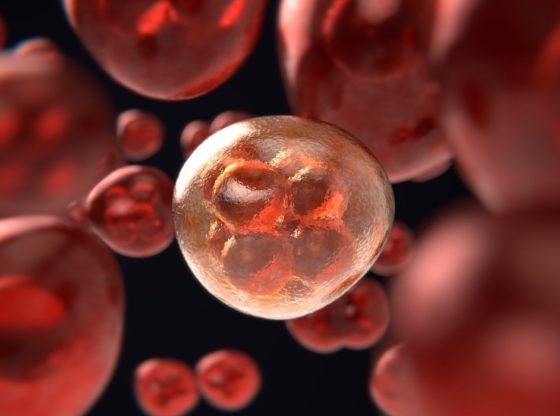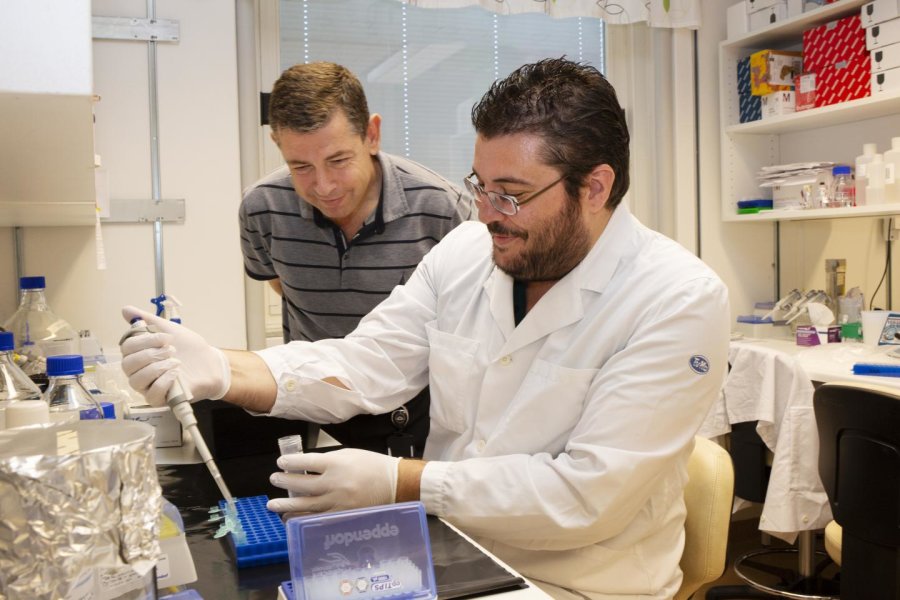
Credit: Pia Molin/Linköping University
Why it is that some people are at greater risk of alcohol dependence is difficult to answer due to the multiple different factors involved. But now Swedish scientists have found a mechanism in the brain that appears to be strongly linked to alcoholism.
The vulnerability to alcohol is different for everyone. Science has provided much insight in recent years but it remains difficult for researchers to find what differs between those who have an addiction and those who don’t.
But now Swedish scientists have been able to see a strong link between the low levels of protein in the brain and the risk of alcoholism. A discovery that is important in the pursuit of a drug against the disease.
In the study, rats have had the choice of two different rewards, either sugar or alcohol. Many rats then chose the sugar solution, but about fifteen percent chose alcohol instead. They exhibited something similar to an alcohol addiction, which also matches the proportion of people who also develop dependence.
When the researchers later began to compare the gene activity in the animals’ brains, one could see, in the rats that were addicted, that a mechanism was disturbed in the amygdala. That part of the brain is in control of our feelings and the weakening was due to low levels of a protein called GAT3.
The researchers then investigated the brains of dead people, both with and without addiction, to see if their brains demonstrated the same apparent correlation between GAT3 and a history of alcoholism. And this is exactly what they did.
“This is one of those relatively rare times where we find an interesting change in our animal models and we find the same change in the brains of human alcoholics,”
“It’s a very good indication that our animal model is correct. And if our animal model is correct, we can screen therapeutics with it and have increased confidence in the findings.”
– Dayne Mayfield, a research scientist at the University of Texas at Austin’s Waggoner Center for Alcohol and Addiction Research and co-author of the new study.
The next step is to normalize the levels of the protein in the brain using drugs. And, there are already drugs on the market which were previously developed for other reasons, but that this exact effect. This means that hopefully, the researchers will soon begin clinical trials.
Reference:
Augier et al., A molecular mechanism for choosing alcohol over an alternative reward, published in Science on June 22, 2018, doi: 10.1126 / science.aao1157

